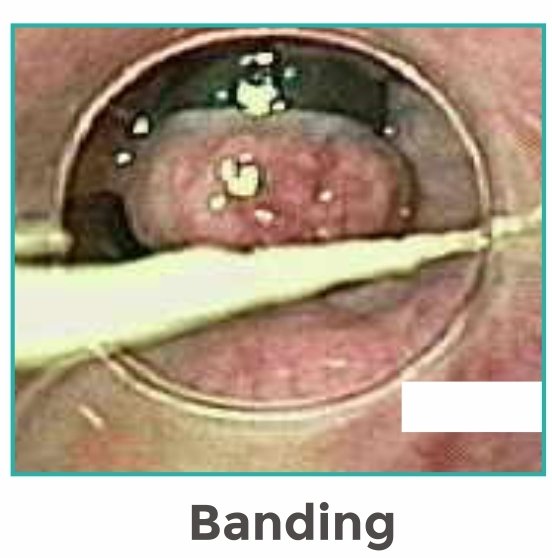What areEsophageal Varices?
Esophageal Varices are swollen veins in the tract that joins the neck and stomach that are abnormally big. This disorder is particularly common in persons who have advanced liver disease. When a clot or scar tissue in the liver blocks natural blood flow to the liver, Esophageal Varices form. Blood moves into tiny blood arteries that aren’t meant to carry big amounts of blood to get around the blockages. Blood can leak or even explode from the vessels, producing life-threatening hemorrhages. Esophageal Varices can be treated with a variety of medications and medical procedures to help control or halt bleeding.
Signs of Esophageal Varices
Dr. Vatsal Mehta is the best doctor suggested for this type of treatment. Any patient can visit his ALFA Gastro and Liver Care hospital for such disease. Dr. Vatsal Mehta has described some symptoms of this disease to his clients. He may say that unless Esophageal Varices bleed, they normally don’t create any symptoms.
The following are indications and signs of bleeding Esophageal Varices:
- Large volumes of blood are being vomited.
- Stools that are black, sticky, or bloody
- Dizziness
- In severe circumstances, there may be a loss of awareness.
If you experience any of the following symptoms of liver disease, Dr. Vatsal Mehta may suspect you of having Esophageal Varices:
- Your complexion and eyes have a yellow tint to them
- Easy bruising or bleeding
- In your stomach, there is a build-up of fluid
Prevention to Take
Dr. Vatsal Mehta tries his best to guide the people about the prevention to avoid the Esophageal Varices. In persons with cirrhosis of the liver, there is currently no medication that can prevent the formation of Esophageal Varices. While beta-blockers are successful at reducing bleeding in many persons with Esophageal Varices, medications do not prevent the formation of Esophageal Varices.
Some of the preventions are mentioned below:
-
Don’t Consume Alcoholic Beverages
Because the liver absorbs alcohol, patients with liver disease are frequently recommended to cease drinking.
-
Maintain a Balanced Diet
Choose a diet rich in vegetables and fruits that is plant-based. Choose whole carbohydrates and lean protein sources.
-
Maintain a Nutritious Body
Having too much body fat can affect your liver. Being overweight is linked to a higher risk of Cirrhosis of Liver problems.
-
Chemicals Should be Used Carefully and with Caution
Stick to the instructions on household chemicals like washing goods and insect repellents. If you operate with chemicals, take all necessary measures.
-
Minimise your Hepatitis Chances
Hepatitis B and C are spread by exchanging needles and having unprotected intercourse. If you do decide to have sex, protect yourself by refraining or wearing a condom.
When Should You See a Doctor?
If you have any indications or symptoms that concern you, make an appointment with Dr. Vatsal Mehta. If you’ve been identified with Liver Disease, talk to Dr. Vatsal Mehta about your chances of developing Esophageal Varices and what you may do to lower your chances. Inquire with him about having a procedure to screen for Esophageal Varices. For that reason, please contact Dr. Vatsal Mehta and schedule an appointment with us. A patient can reach out to us by dialing +91 75675 41444. We dedicate it to you to provide the finest possible service. Our connected person will schedule a consultation for you with Dr. Vatsal Mehta if you have such issues. Always keep an eye on your health to avoid problems in the future.

